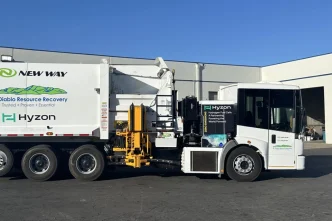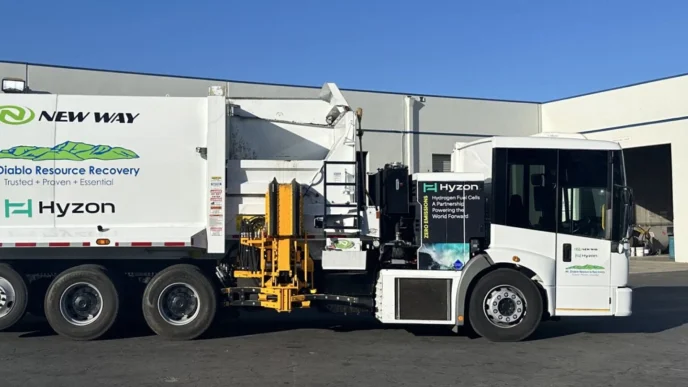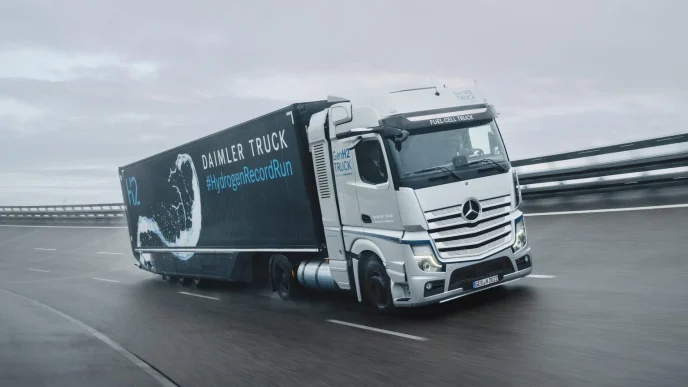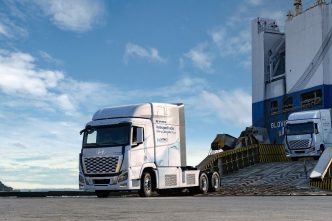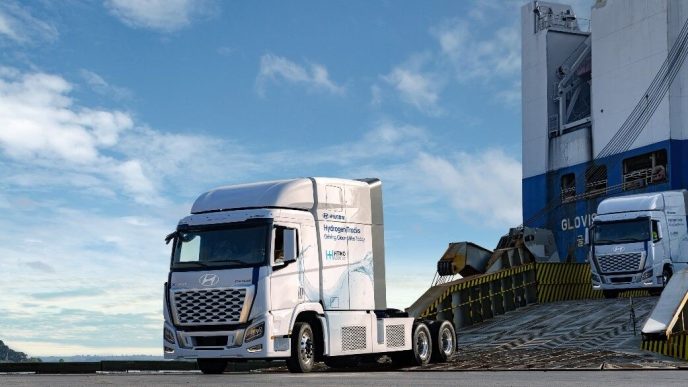For all its potential as a clean energy solution, hydrogen has struggled to compete with cheaper and more established alternatives like natural gas. One major hurdle is the high cost of hydrogen production and transportation.
Ecolectro, a startup co-founded by Gabriel Rodriguez-Calero and Kristina Hugar, aims to change this by producing hydrogen closer to end-users with innovative electrolyzers designed to reduce costs and logistical challenges.
“We are very interested in figuring out who’s trucking in hydrogen today,” Rodriguez-Calero told TechCrunch. “By making the gas on site, you’re mitigating a lot of risk around logistics of transportation [and] storage at the site.” Ecolectro’s compact electrolyzers, small enough to fit in a shipping container, promise to make hydrogen production more accessible and affordable. Unlike conventional electrolyzers that rely on costly materials like iridium or platinum, Ecolectro uses nickel as a catalyst and has developed a membrane for alkaline electrolysis that avoids environmentally persistent PFAS compounds.
The company has already demonstrated success with a 10-kilowatt electrolyzer capable of producing 5 kilograms of hydrogen daily, currently being tested by Liberty Utilities in New York. A larger, 250-kilowatt model with a daily output of 125 kilograms is expected to debut early next year.
While smaller than traditional megawatt-scale systems, Rodriguez-Calero believes Ecolectro’s modular design will appeal to customers requiring smaller-scale hydrogen solutions. “That size is very attractive for the people who order one truck of hydrogen per week,” he said.
Ecolectro recently secured $10.5 million in Series A funding, led by Toyota Ventures’ climate fund, with participation from Cornell University and others.
Lisa Coca, partner at Toyota Ventures, sees a promising path for the startup, predicting it could achieve hydrogen production costs of $1.35 per kilogram by 2030—nearing the Department of Energy’s $1 per kilogram target. With its innovative approach, Ecolectro is poised to play a pivotal role in advancing the green hydrogen economy.


